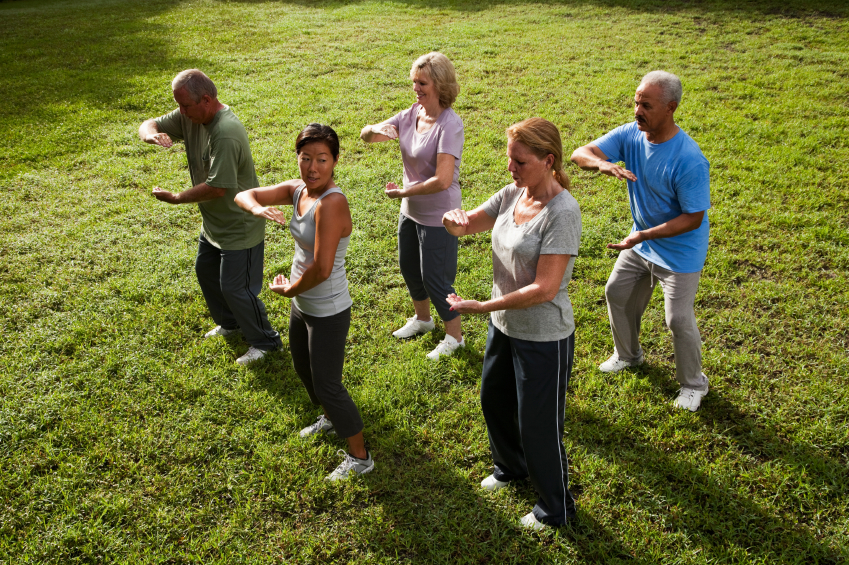Lifestyle Practices

![]()
Wellness Practices in Traditional Chinese Medicine
According to Traditional Chinese Medicine (TCM), wellness is not simply the absence of disease; rather, true wellness is defined as an individual living in harmony with their environment; a person who has even emotions and a calm mind; a person who is mobile and pain free. Additionally, treating disease is not seen as a high art in Chinese medicine; preventing it is.
- Use Self-care Acupressure Daily!
- Learn How to Meditate
- Chinese Medical Food Therapy
- Enjoy Great Sleep for Improved Health
- Use Your Healing Intentions with Affirmations
- Practice Tai-Qi and Chi-Gong for Optimal Health
- Learn About Acupressure for Self Initiated Healing
- Employ Therapeutic Essential Oils In Your Wellness Plan
Taoism and Imbalances
Much of Traditional Chinese Medicine (TCM) is based on Taoist teachings and theories. Human beings are seen as that which has manifested at the point that stands between Heaven and Earth. The state of our physical health is seen in a similar light to the way we see the health of our larger environment; when there are too many toxins to deal with through the normal processes of elimination, heat and imbalances begin to arise; when there is too much Dampness, fungus begins to overgrow and waterways overflow; when there is too much dryness, limbs become brittle and fires begin to blaze.
Our bodies are simply a microcosm of nature compared to the macrocosm that we live in. TCM takes in to account all of the laws of nature when addressing health and disease. Optimally, disease is avoided; prevention considered a much higher healing art in Chinese medicine than heroic efforts of saving a life once someone has become ill. Staying well and preventing disease require good lifestyle habits throughout our lives including a proper diet, exercise, meditation, good sleep patterns, and calm, even emotions. These efforts taking thoughtful planning and good intentions, but success requires action.
Many patterns of health imbalances can be associated with Ancestral Qi according to TCM; this means that our genetic makeup can have an influence on our health. Tonic herbal formulas are excellent at working to keep these familial patterns in check before they develop in to full blown disease patterns. Someone whose family has a history of high blood pressure may want to be aware of the signs of Liver Qi Stagnation; an individual with a genetic disposition to heart disease would want to consider a Heart Qi and Blood tonic; those with a family history of diabetes may want to be aware of Spleen Deficiency symptoms.
![]()
Hall AM, Maher CG, Lam P, et al. Tai chi exercise for treatment of pain and disability in people with persistent low back pain: a randomized controlled trial. Arthritis Care & Research. 2011;63(11):1576-1583.
Hu J, Zhang J, Zhao W, et al. Cochrane systematic reviews of Chinese herbal medicines: an overview. PLoS One. 2011;6(12):e28696.
Jones KD, Sherman CA, Mist SD, et al. A randomized controlled trial of 8-form tai chi improves symptoms and functional mobility in fibromyalgia patients. Clinical Rheumatology. 2012;31(8):1205-1214.
Kendrick D, Kumar A, Carpenter H, et al. Exercise for reducing fear of falling in older people living in the community. Cochrane Database of Systemic Reviews. 2014;(11):CD009848. Accessed at https://www.cochranelibrary.comon February 19, 2016.
Li F, Harmer P, Fitzgerald K, et al. Tai chi and postural stability in patients with Parkinson’s disease. New England Journal of Medicine. 2012;366(6):511-519.
This information has not been evaluated by the Food and Drug Administration. This information is not intended to diagnose, treat, cure, or prevent any disease.
